Ever wish you could live in a small rural town specifically tailored to support the search for alien life, à la Jodie Foster’s Contact? No? Just me?
Meet the small West Virginian town dubbed “The Quietest Place in America.” It contains 13,000 square miles of cellphone-free airwaves and restricted Wi-Fi access. Created in 1958 to protect telescopes from potentially harmful electromagnetic waves, this area is known as the U.S. National Radio Quiet Zone— and it is both the coolest and the eeriest place in the United States.
Almost like a time capsule, the city itself is home to the Green Bank Telescope, the world’s largest steerable radio telescope, standing 450 feet tall with a surface area of 328 by 360 feet (that’s two football fields). Until 2021, the telescope will be part of the biggest scientific search ever for proof of extraterrestrial life, scanning 85 percent of the celestial sphere.
Aside from pioneering the search for remote space activity, the Quietest Place in America is also a haven for people who suffer from electromagnetic hypersensitivity. If you’re a fan of Breaking Bad and its spin-off, Better Call Saul, you’ll recognize this term from the character Chuck McGill, who claims to suffer from the condition.
Either way, this small town is simultaneously a unique portal into pre-industrial times and a potential launchpad into a very advanced future:
















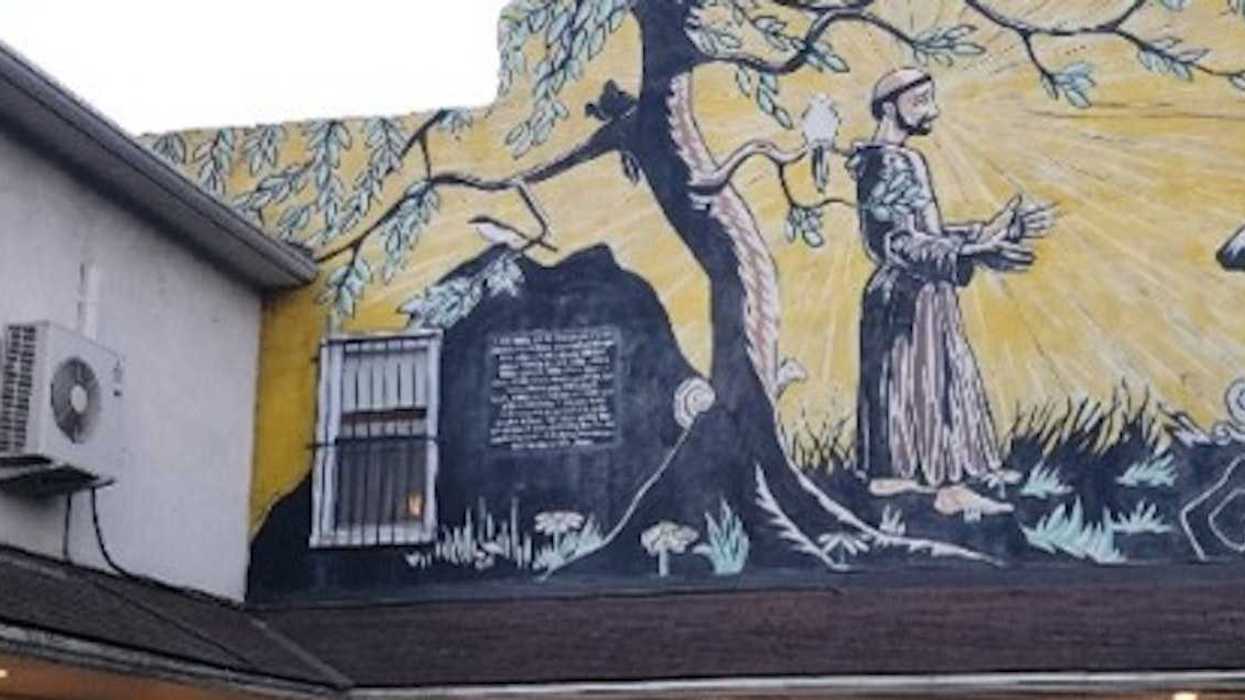
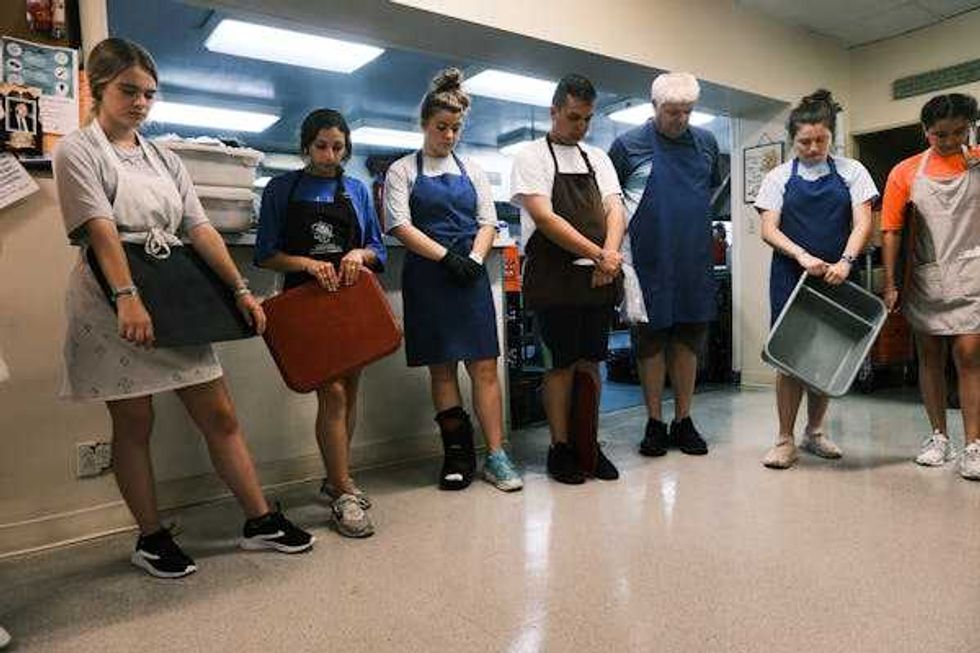 Volunteers at the St. Francis Inn pray together before serving a meal on July 19, 2021.
Volunteers at the St. Francis Inn pray together before serving a meal on July 19, 2021.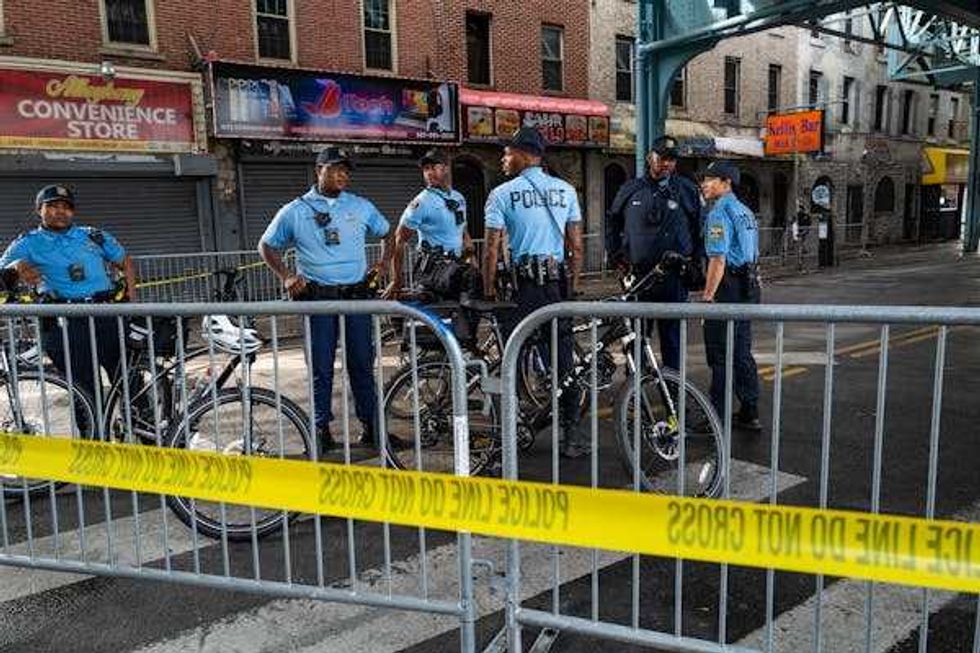 Police close down a section of Kensington Avenue to clear a homeless encampment on May 8, 2024.
Police close down a section of Kensington Avenue to clear a homeless encampment on May 8, 2024.
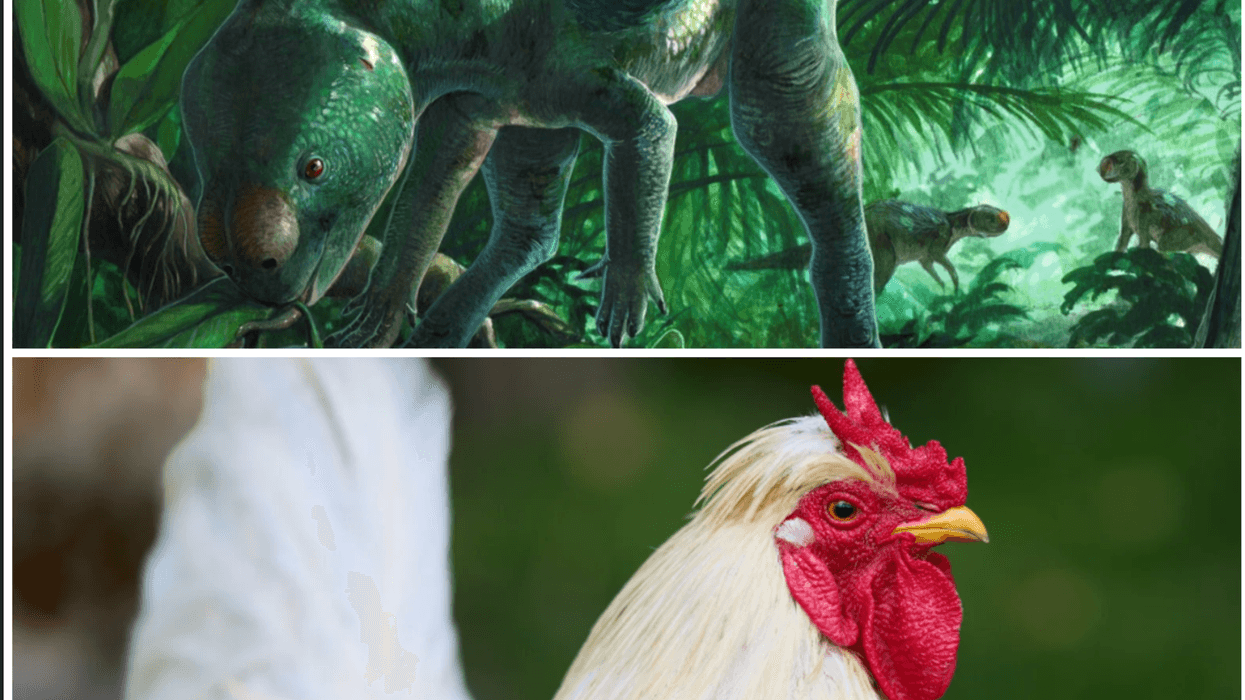

 Left: A robotic arm. Right: Rice grains.Photo credit:
Left: A robotic arm. Right: Rice grains.Photo credit: 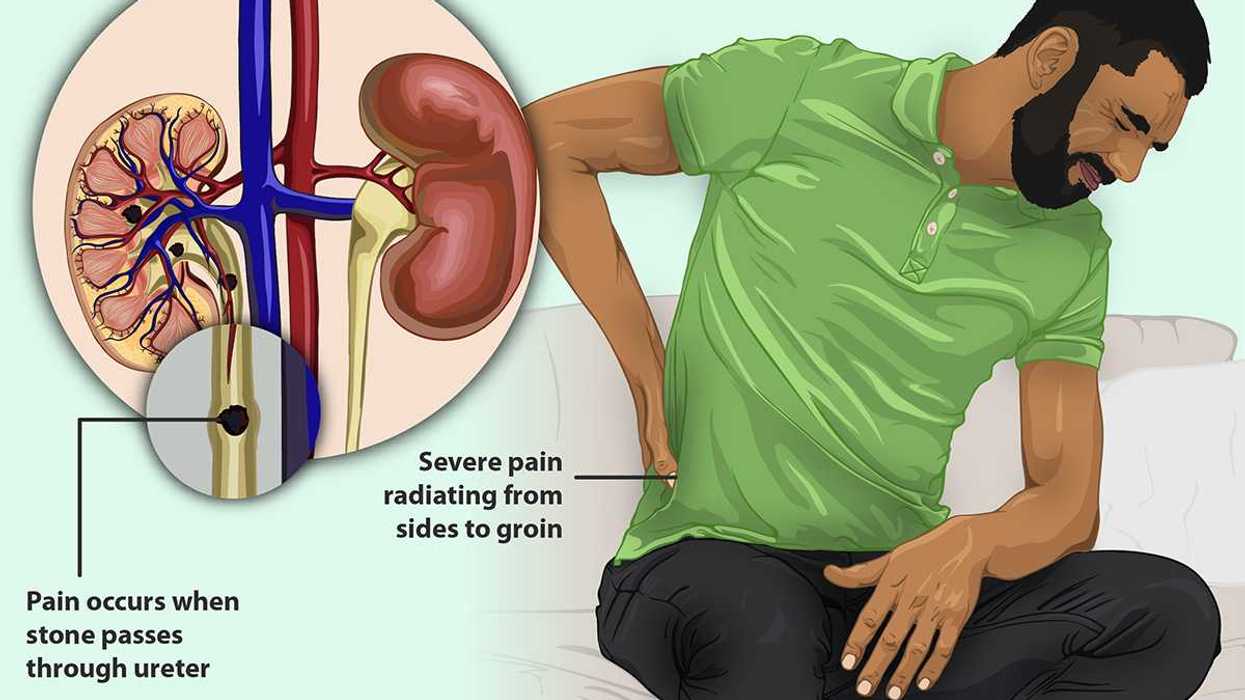 A diagram on kidney stones.myupchar/
A diagram on kidney stones.myupchar/ 
 A couple engages in a serious conversationCanva
A couple engages in a serious conversationCanva
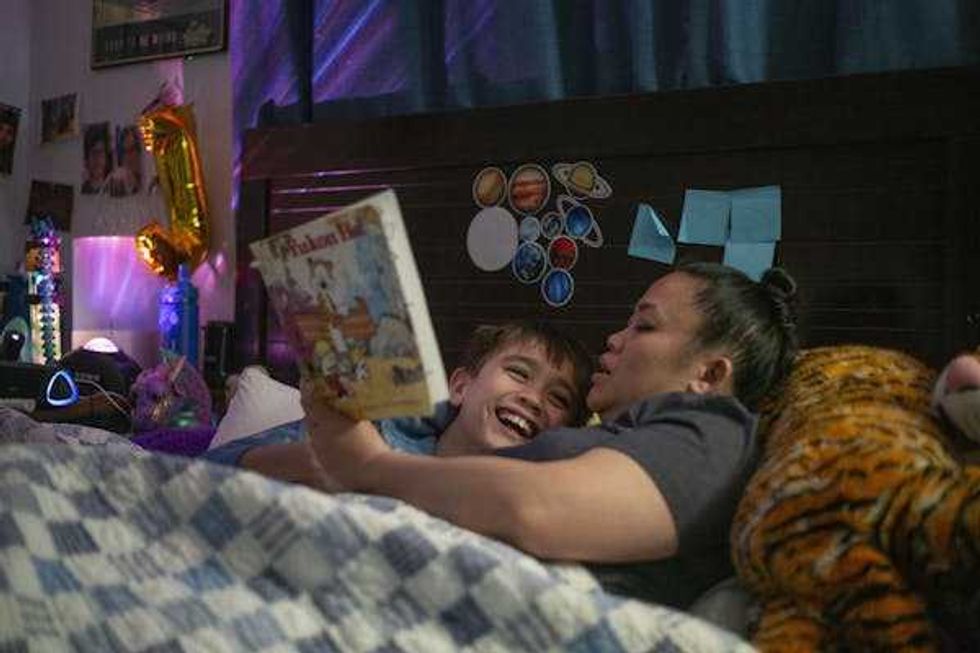 Christy Lam-Julian, a mother in Pinole, Calif., reads to her son in April 2025.
Christy Lam-Julian, a mother in Pinole, Calif., reads to her son in April 2025.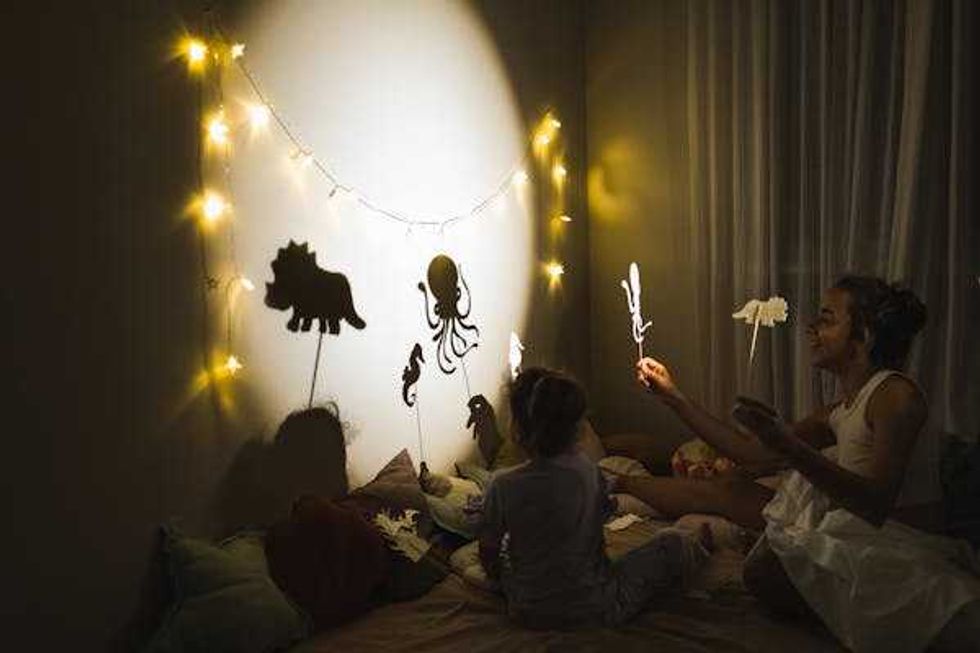 Children who read bedtime stories with their parents are likely to benefit from a boost in creativity – especially if they consider questions about the books.
Children who read bedtime stories with their parents are likely to benefit from a boost in creativity – especially if they consider questions about the books.